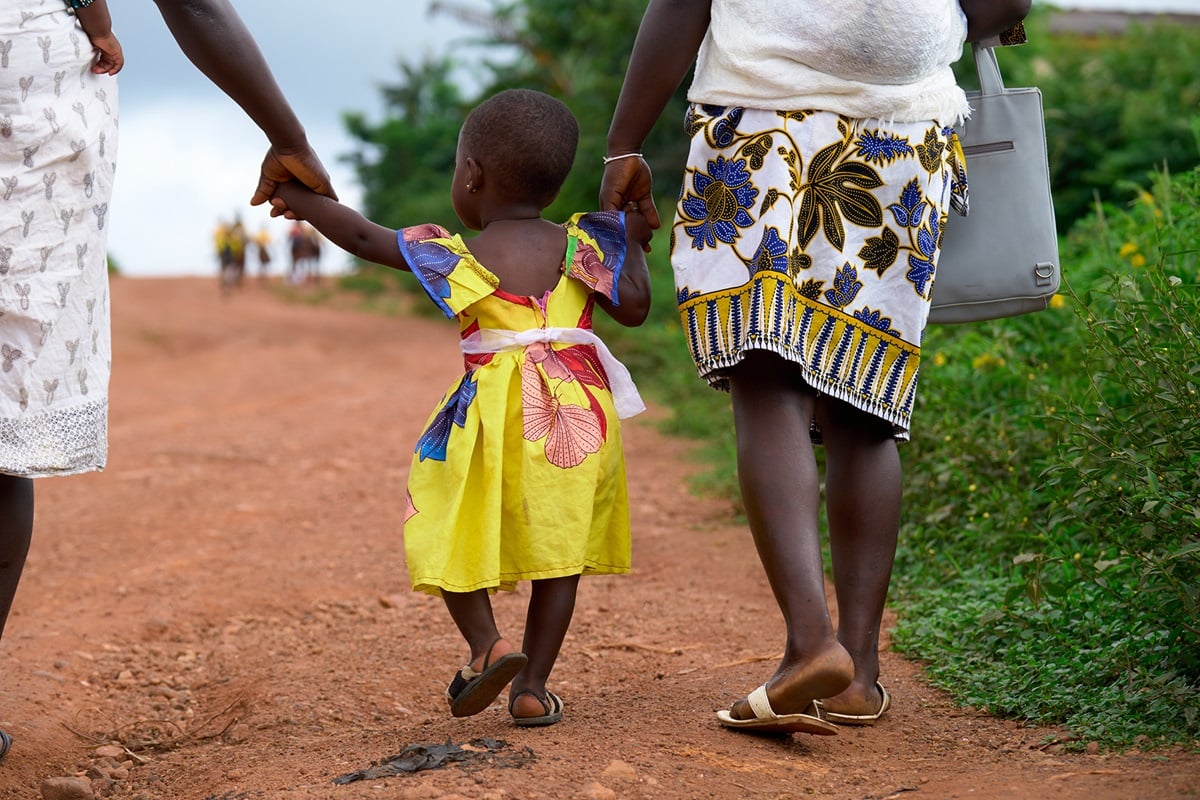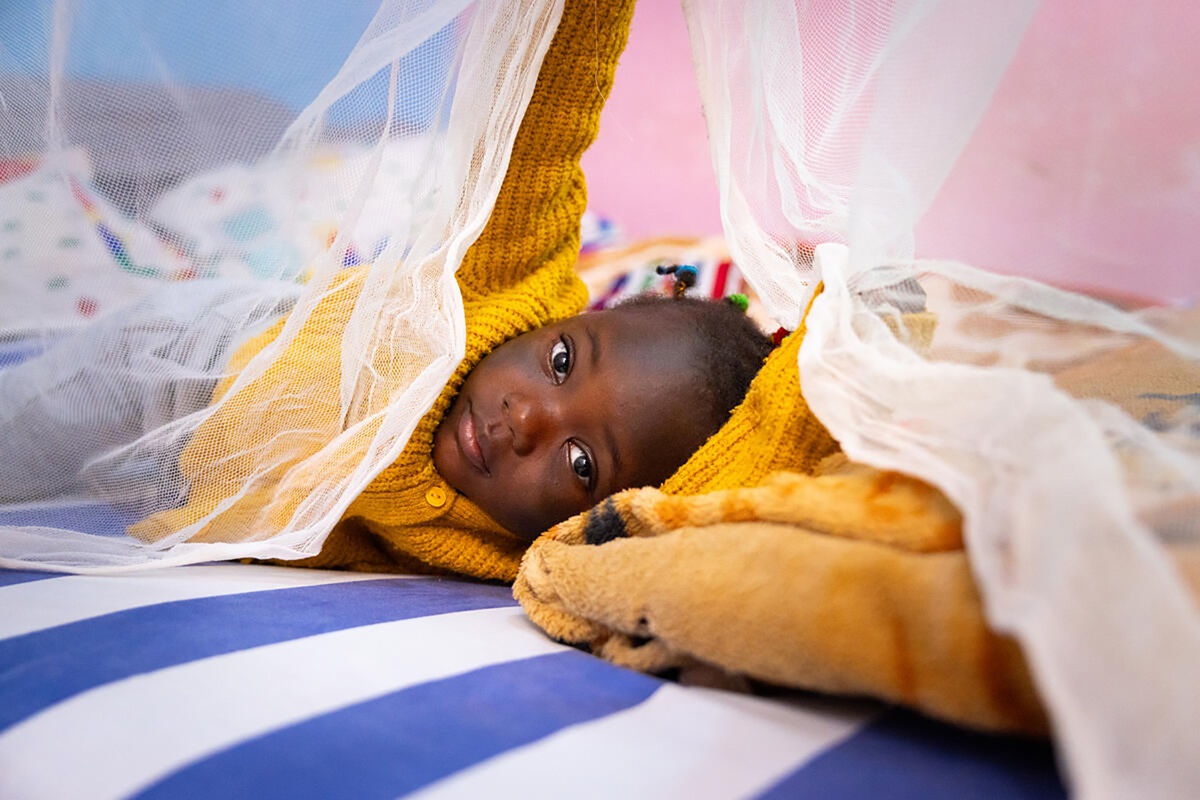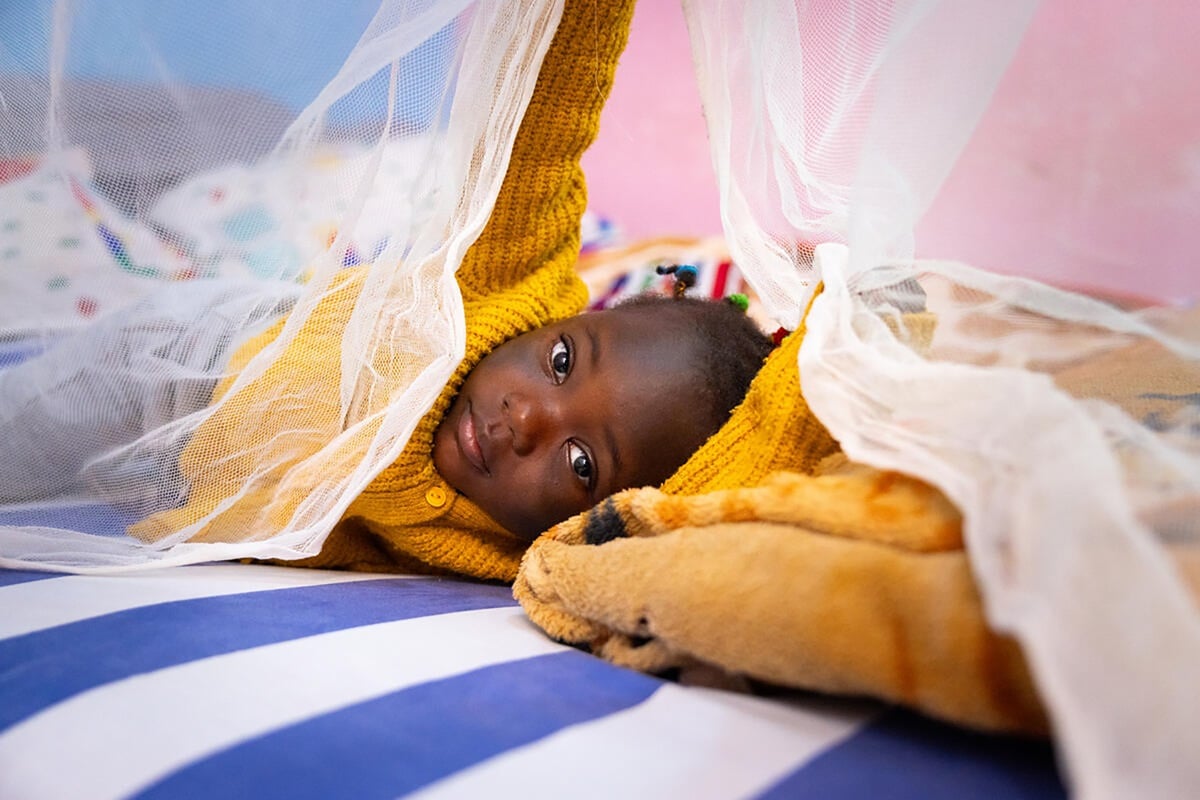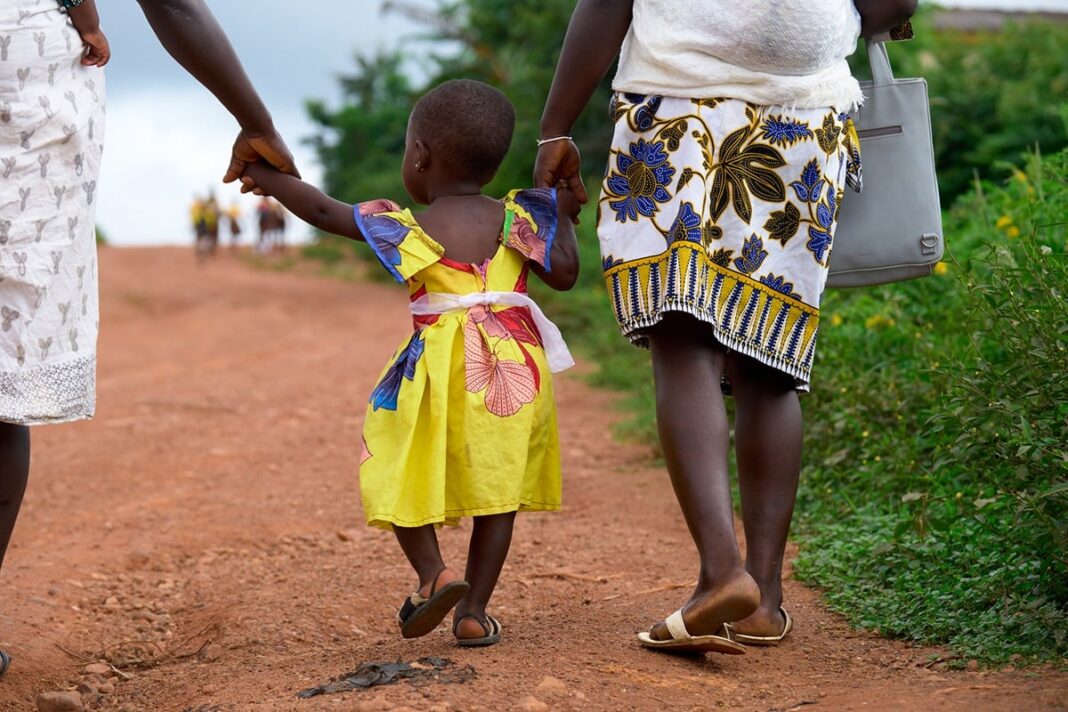As the world marks World Malaria Day 2025, the clarion call rings out loud and clear: Malaria Ends with Us. It’s a rallying cry that echoes the resolve of the World Health Organization (WHO) to finally conquer this ancient scourge, which has plagued humanity for centuries. Since its inception in 2008, World Malaria Day has served as a beacon of hope, mobilizing global efforts to combat this deadly disease that claims over 400,000 lives each year, mostly in low- and middle-income countries. Today, as we stand at the threshold of a new era, the WHO’s ambitious triad – Reinvest, Reimagine, Reignite – presents a bold vision for a malaria-free future. With new tools, technologies, and strategies emerging, the fight against malaria has never been more promising. Will we seize this opportunity to vanquish this formidable foe and usher in a brighter tomorrow for those who have suffered needlessly for far too long? The
New Interventions and Strategies to Accelerate Progress

The introduction of malaria vaccines in 20 African countries is a significant step forward in the fight against malaria. This new intervention has the potential to save tens of thousands of young lives every year. The large-scale rollout of malaria vaccines in Africa is a vital step towards protecting young children from one of the continent’s most deadly diseases.

The Power of Vaccination
Mali will join 19 other African countries in introducing malaria vaccines on World Malaria Day. This major milestone marks a significant shift towards a more comprehensive approach to malaria control. The introduction of malaria vaccines is a testament to the progress that has been made in the fight against malaria, and demonstrates the power of vaccination in preventing the spread of the disease.

Next-Generation Tools to Prevent and Control Malaria
The expanded use of insecticide-treated nets is another key strategy in the fight against malaria. The new generation of insecticide-treated nets has greater impact against malaria than the standard pyrethroid-only nets. According to the latest World malaria report, these new nets accounted for nearly 80% of all nets delivered in sub-Saharan Africa in 2023, up from 59% the previous year.
The development of new antimalarial drugs and diagnostic tools is also crucial in the fight against malaria. Advances in service delivery and insecticides are also essential in protecting vulnerable populations from the disease.
Protecting Hard-Won Gains and Accelerating Progress
The need for reinforced commitment and investment is crucial in protecting the gains made against malaria. Domestic spending and international funding are essential in financing malaria programs and interventions. The successful replenishments of the Global Fund and Gavi, the Vaccine Alliance, are critical in accelerating progress towards the targets set in the WHO Global technical strategy for malaria 2016-2030.
The Need for Reinforced Commitment and Investment
African countries should boost domestic spending, particularly in primary health care, so that all at-risk populations can access the services they need to prevent, detect and treat malaria. The Global Fund and Gavi should continue to play a critical role in financing malaria programs and interventions.
Reimagining Malaria Control: Innovative Tools and Strategies
New and more effective antimalarial drugs are needed to address the current challenges in global malaria control. Advances in service delivery, diagnostics, insecticides, and vaccines are also essential in protecting vulnerable populations from the disease.
- New antimalarial drugs
- Advances in service delivery
- Advances in diagnostics
- Advances in insecticides
- Advances in vaccines
Conclusion
As we mark World Malaria Day 2025, it is imperative to take stock of the progress made towards eradicating this debilitating disease. The World Health Organization’s “Malaria Ends with Us: Reinvest, Reimagine, Reignite” campaign underscores the critical need for sustained efforts to combat malaria, particularly in regions where the disease remains a significant public health threat. Throughout this article, we have highlighted the key challenges facing malaria control efforts, including the devastating impact of climate change, the need for innovative diagnostic tools, and the importance of equitable access to healthcare.
The significance of this topic cannot be overstated, as malaria claims over 400,000 lives annually, disproportionately affecting vulnerable populations such as children, pregnant women, and marginalized communities. The economic burden of malaria is equally staggering, with an estimated annual cost of over $12 billion to global economies. As we move forward, it is crucial that we reinvest in malaria control efforts, reimagine our approach to tackle the disease’s root causes, and reignite the global momentum towards a malaria-free world.

